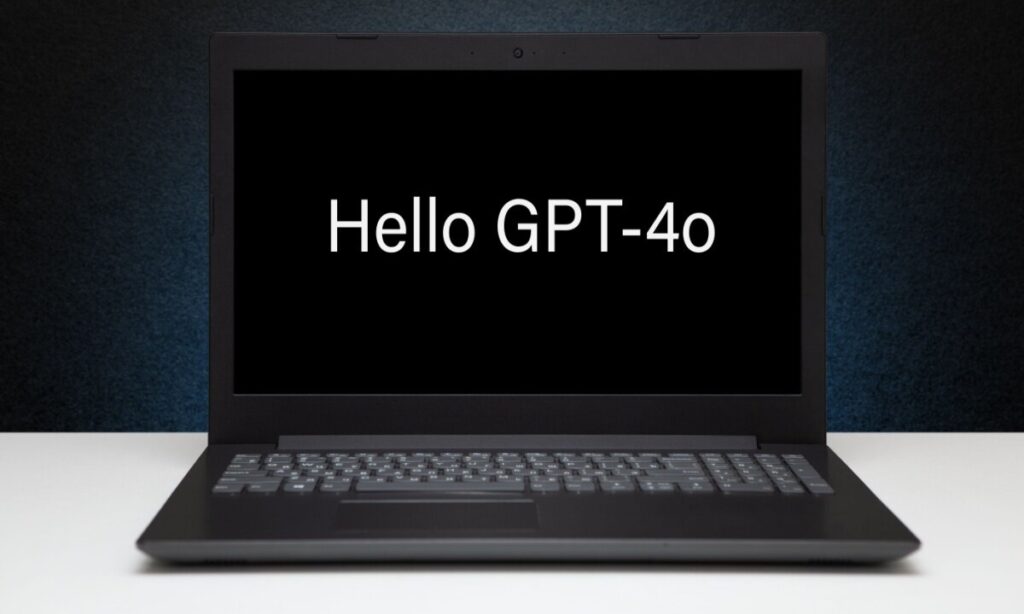OpenAI recently rolled out a significant update to its artificial intelligence (AI) toolkit, introducing the capability to fine-tune GPT-4o, its most advanced language model to date. This eagerly awaited feature allows developers to adapt the model to meet specific business needs, setting the stage for a new era of tailored AI applications across various industries.
The Importance of Fine-Tuning
Fine-tuning is a critical process where a pretrained AI model is customized for specific tasks or specialized areas. According to OpenAI, “Developers can now fine-tune GPT-4o with custom datasets to achieve higher performance at a lower cost for their unique use cases. Fine-tuning enables the model to adjust its structure and tone of responses and to follow intricate domain-specific instructions.”
This capability is particularly significant for the business world, as it enables firms to craft AI tools finely tuned to their requirements. This can lead to enhanced customer service, optimized operations, and fostered innovation. For instance, a retail company could adapt GPT-4o to better understand product descriptions and customer inquiries, while a financial firm could use it to analyze market trends and generate comprehensive reports.
OpenAI highlights the accessibility of this technology by noting, “Developers can already produce strong results for their applications with as little as a few dozen examples in their training dataset.” This is a game-changer for small businesses or organizations with limited data, offering them an opportunity to leverage sophisticated AI capabilities.
To encourage widespread adoption, OpenAI is providing an enticing incentive: “1M training tokens per day for free for every organization through September 23.” In AI lingo, tokens are segments of words that the model processes. This complimentary offer lowers the entry barrier for businesses eager to explore AI customization.
How It Works and the Cost Involved
The process of fine-tuning GPT-4o is now available to all developers on paid usage plans. OpenAI has laid out the costs associated with this service: “GPT-4o fine-tuning training costs $25 per million tokens, and inference is priced at $3.75 per million input tokens and $15 per million output tokens.”
To clarify, training involves teaching the model specific data and requirements, while inference involves using the trained model to generate responses or complete tasks. Input tokens are the words fed into the model, and output tokens are the model’s generated responses.
For smaller projects or businesses, OpenAI has introduced GPT-4o mini, which comes with 2 million free training tokens per day during the promotional period, making AI customization even more accessible.
While this development is monumental, OpenAI acknowledges that fine-tuning capabilities are not exclusive to GPT-4o. Other prominent language models, such as Google’s BERT (Bidirectional Encoder Representations from Transformers) and several models available through Hugging Face, also offer fine-tuning options. Meta’s LLaMA model, available as open source, provides similar capabilities.
Early Adopters Lead the Way
Though the long-term impact of this technology remains to be seen, early adopters are already reporting positive results. For example, Cosine, a company developing an AI-based software engineering assistant called Genie, boasts top scores on the SWE-bench benchmark, which measures software engineering proficiency.
OpenAI’s announcement underscores Cosine’s achievement: “With a fine-tuned GPT-4o model, Genie achieves a SOTA score of 43.8% on the new SWE-bench Verified benchmark, announced last Tuesday.” ‘SOTA’ means ‘state of the art,’ highlighting the highest performance achieved on a specific task.
Similarly, Distyl, an AI solutions provider, achieved first place on the BIRD-SQL benchmark, which assesses text-to-SQL conversion capabilities. According to OpenAI, “Distyl’s fine-tuned GPT-4o achieved an execution accuracy of 71.83% on the leaderboard. Distyl excelled across tasks like query reformulation, intent classification, chain-of-thought, and self-correction, especially in SQL generation.”
The launch of GPT-4o fine-tuning also raises questions about data privacy and AI safety. OpenAI addresses these concerns by stating, “Fine-tuned models remain entirely under your control, with full ownership of your business data, including all inputs and outputs. This ensures your data is never shared or used to train other models.”
The potential impact on commerce and industry practices is immense. As OpenAI asserts, “This is just the start — we’ll continue to invest in expanding our model customization options for developers.”
For more updates on AI advancements, subscribe to the daily AI Newsletter.


